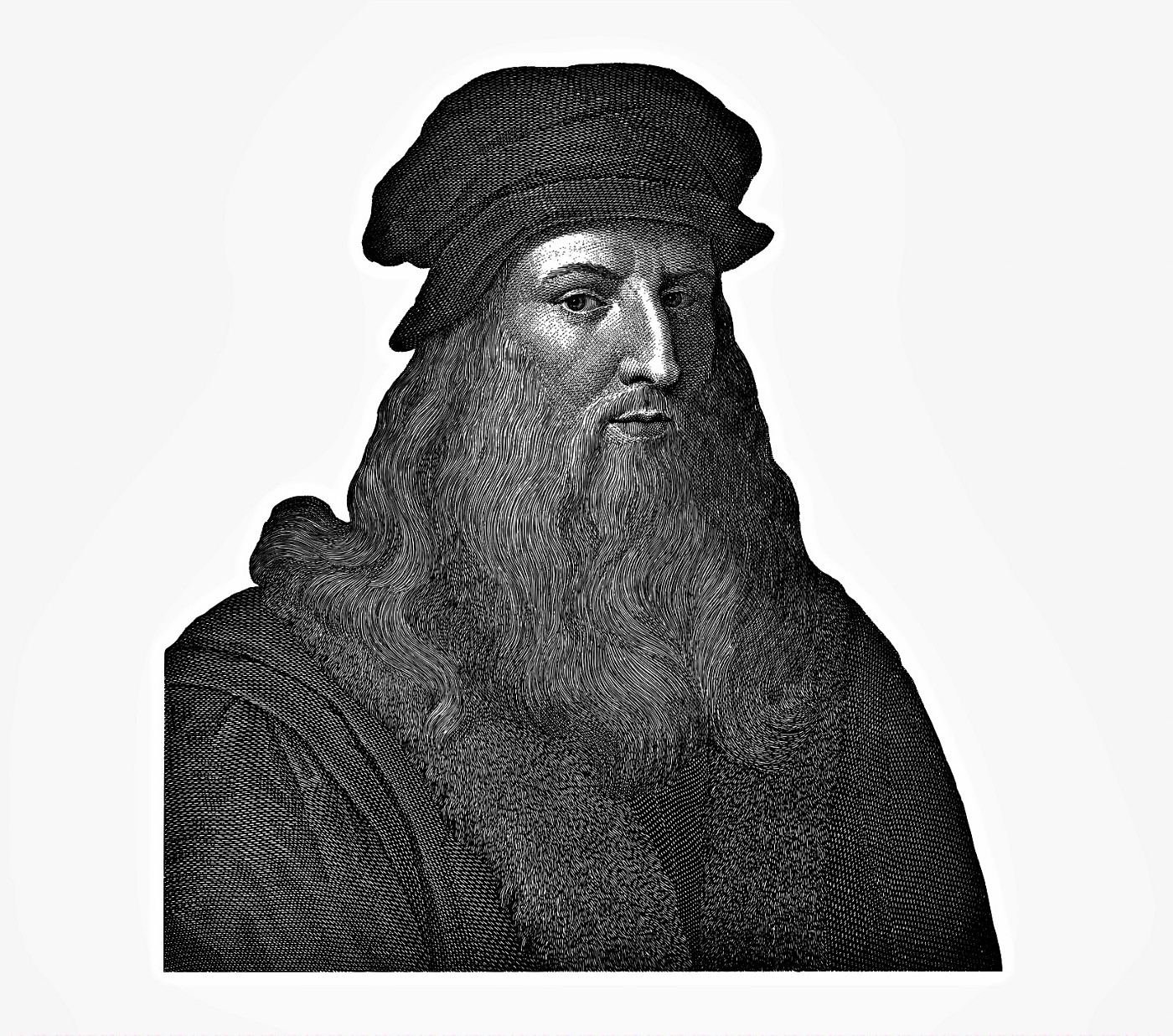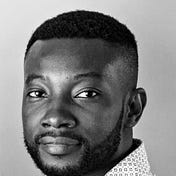Many smart people get bored of their projects quickly.

Success is often measured in terms of fame and fortune.
But if you’re not interested in these things, there are other ways to measure success. For example, if your goal is to change the world through your work or contribute something meaningful to society, you might be considered successful even without fame or fortune.
So, are geniuses successful? It depends on who you ask!
** Some geniuses are not successful in their lifetime.**
Most geniuses are not successful because of their egos.
They became too caught up in their abilities and believed they were better than everyone else. They forget about what they want to do and focus on showing what they know.
And when this happens, their productivity levels tend to go down significantly. This lack of focus may lead them to pursue too many interests.
Leonardo da Vinci is famously known to be one of history’s most intelligent people. He was also known to be a chronic procrastinator.
He had lots of doubts about the outcome of his works. He also grew tired of his projects quickly.
He left behind so many unfinished paintings.
His first commissioned painting, The Adoration of the Magi, started around 1482. Da Vinci worked on the painting for almost 12 years and only displayed a clay model in 1493.
Leonardo is undoubtedly one of the greatest painters of all time, but he struggled to make it in life.
Einstein was undoubtedly a genius. Yet he didn’t become famous until later in life.
Nikola Tesla is one of history’s most outstanding scientists. He turned Niagara Falls into an electric generating plant. The modern world pretty much runs on Tesla electricity generation ideas.
Tesla died almost penniless. He didn’t have the business skills to turn his ideas into successful businesses.
Many people in art, writing, music and engineering (to name a few) were unsuccessful. Some are highly intelligent but lack other skills to execute and scale their ideas successfully.
You can create many opportunities and invent a lot of brilliant ideas, but if you can’t get to the finish line, connect with the right people and work harder than most to get things done, you will
Many intelligent people get bored of their projects quickly. They can’t take a single idea to the finish line. If you can’t take the next step in designing, creating, painting, programming or building, you will probably be stuck with unfinished projects.
In-depth thinking and rational pondering alone won’t make you successful. It’s essential to think through ideas, but when overthinking and over analysing get in the way of action, it hinders success.
No matter how much thinking you have to do to find a better path forward, you have to take action in the end. What’s the point if you are smart but can’t apply your knowledge to change or improve your life.
Successful and better outcomes follow a pattern: it starts with productive thinking, actionable inputs, taking consistent actions, gaining experience, measuring your results and repeating what works.
Many unsuccessful but intelligent people have the uncommon ability to reason, ponder ideas, and even come up with great ideas.
What they lack, some of the time is the ability to act on their ideas. They tend to doubt themselves. And are more likely to over analyse their ideas.
Pablo Picasso was right, “Action is the foundational key to all success.”
You may have a superior ability to reason, but success may be hard to find without the commitment to see it through, ship, launch, publish or get it to market. The world needs hardworking people who love what they do and care about the outcome. Being smart won’t get you to the outcome you want.
Other people may be more decisive, but they’re indecisive when following through on their decisions. When faced with a decision, some smart people never act because they’re afraid of the consequences.
Smart but unsuccessful people who have a vision for what they want in life tend to rationalize a lot: they want to figure out all the possible scenarios why something won’t work or will work. Intelligent people who master the art of taking action are more likely to become wildly successful.
Being a genius is not enough to ensure success. Deliberate practice, focus, perseverance, taking smart risks, prioritizing a specific goal, drive and adaptability have more to do with success than we think.


